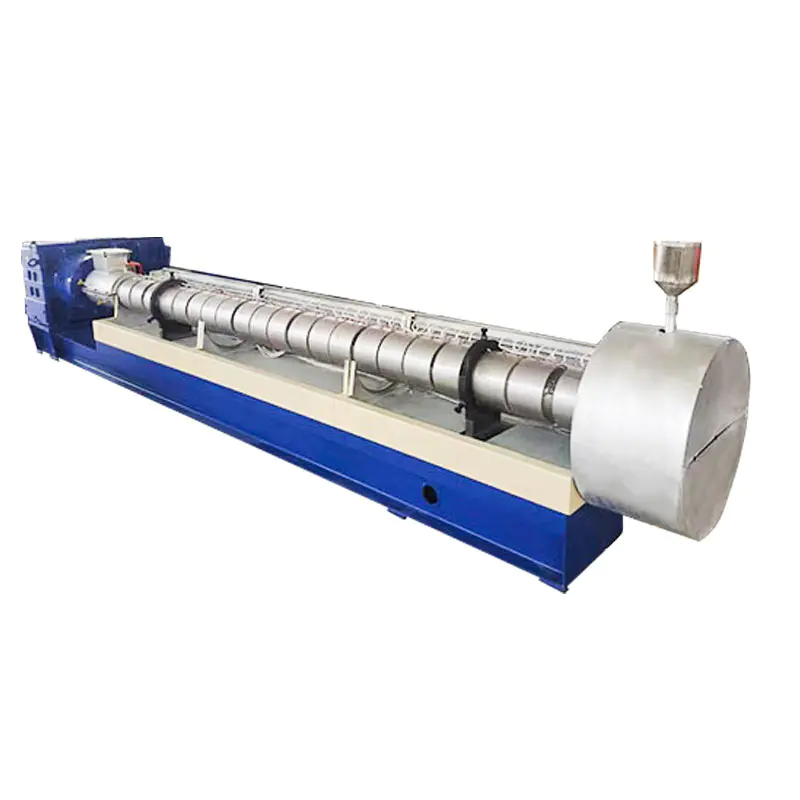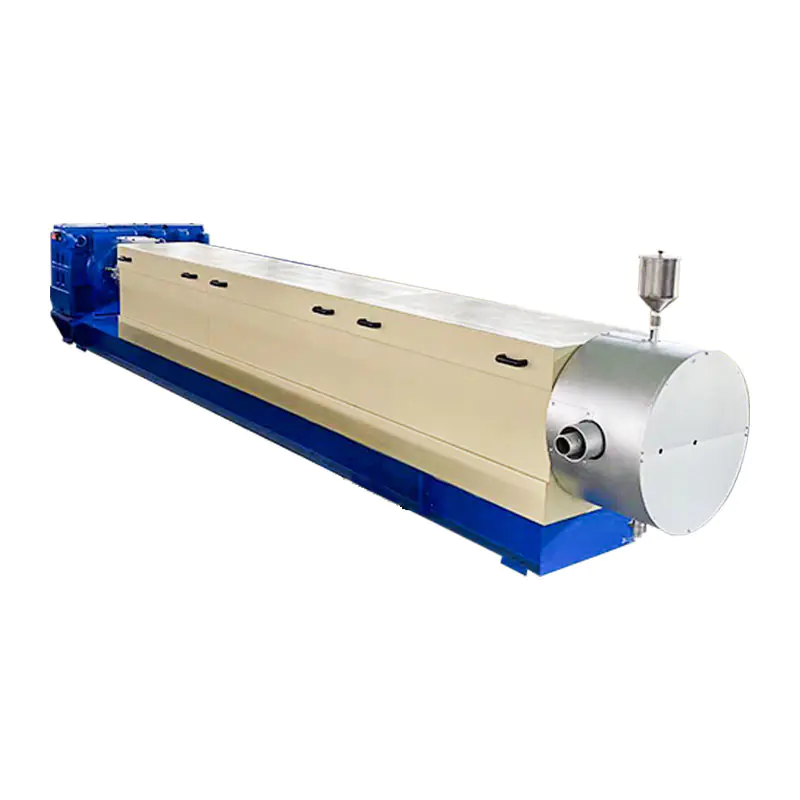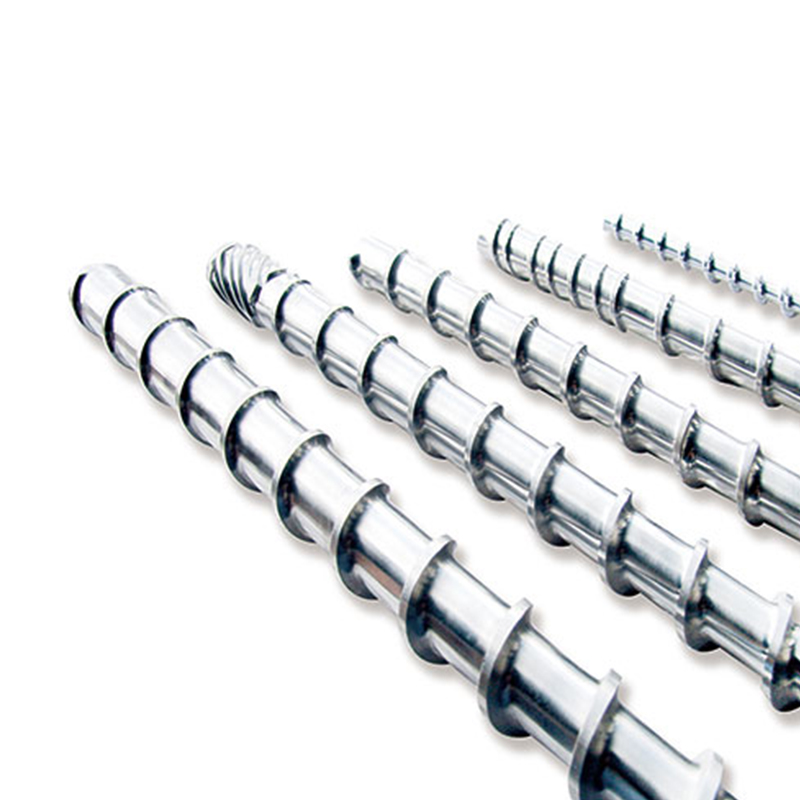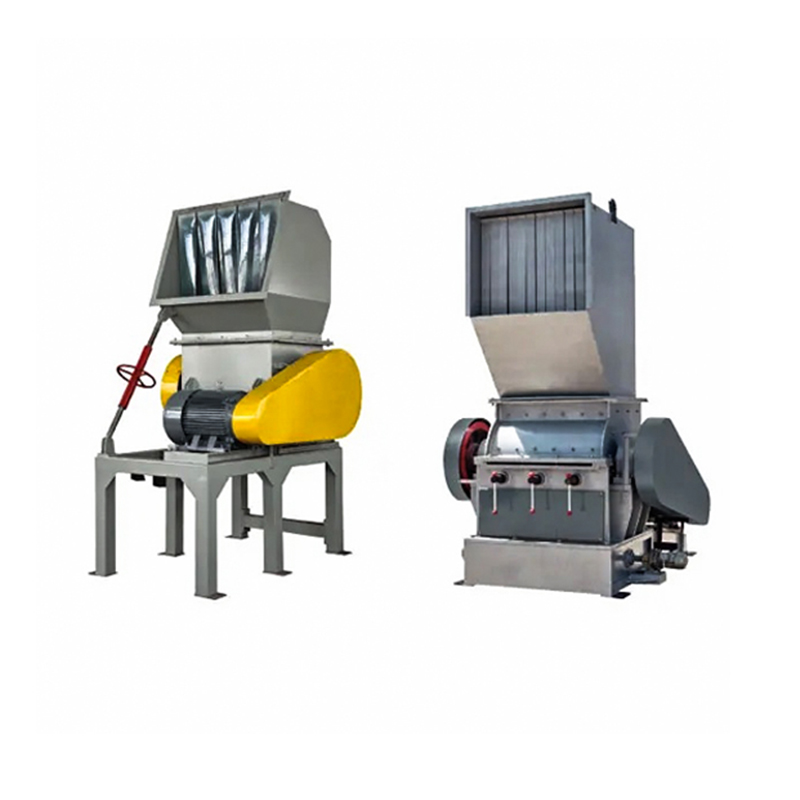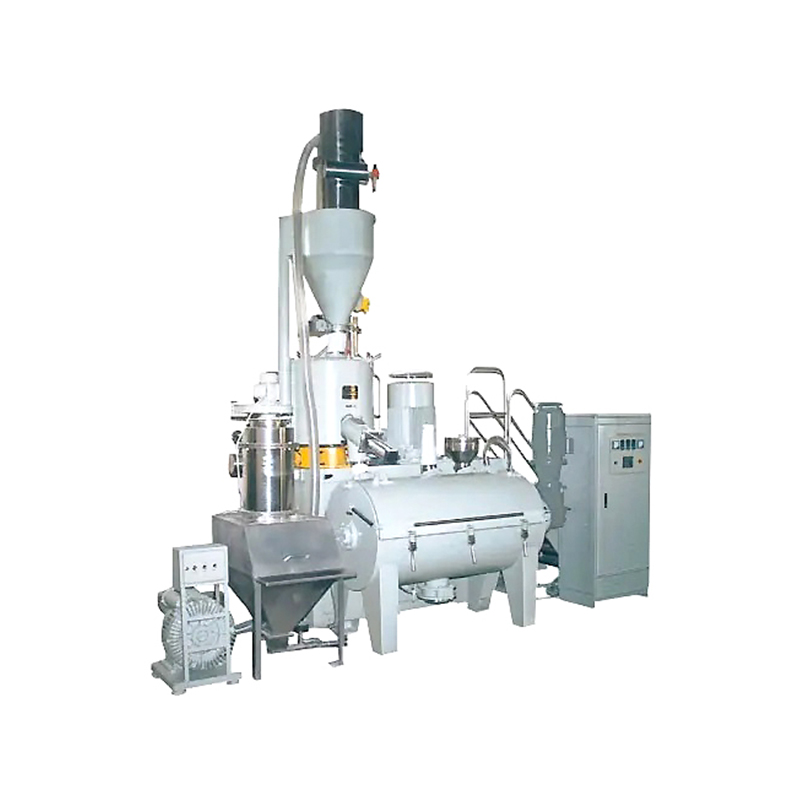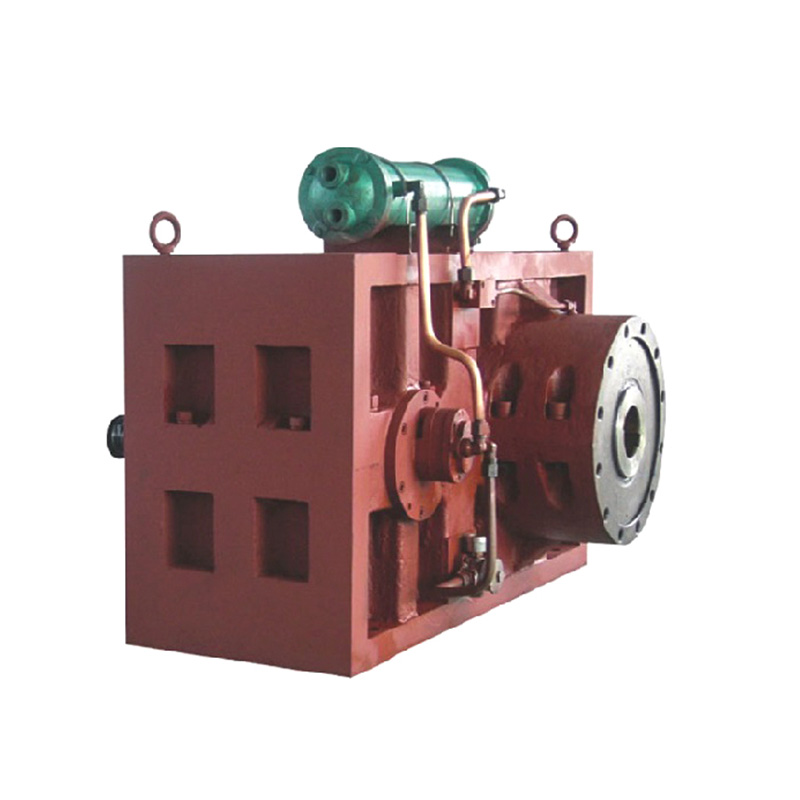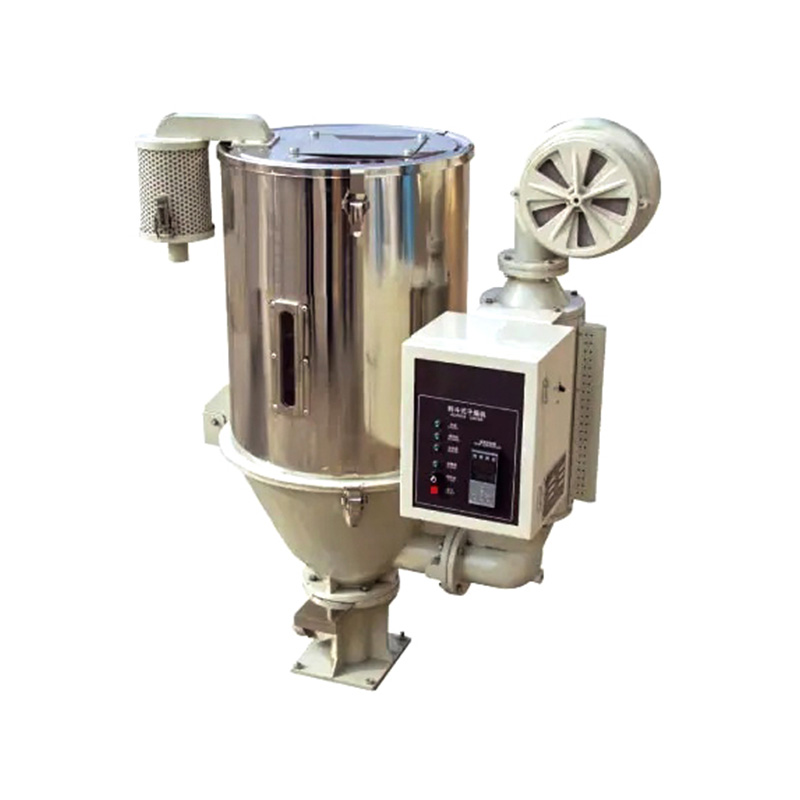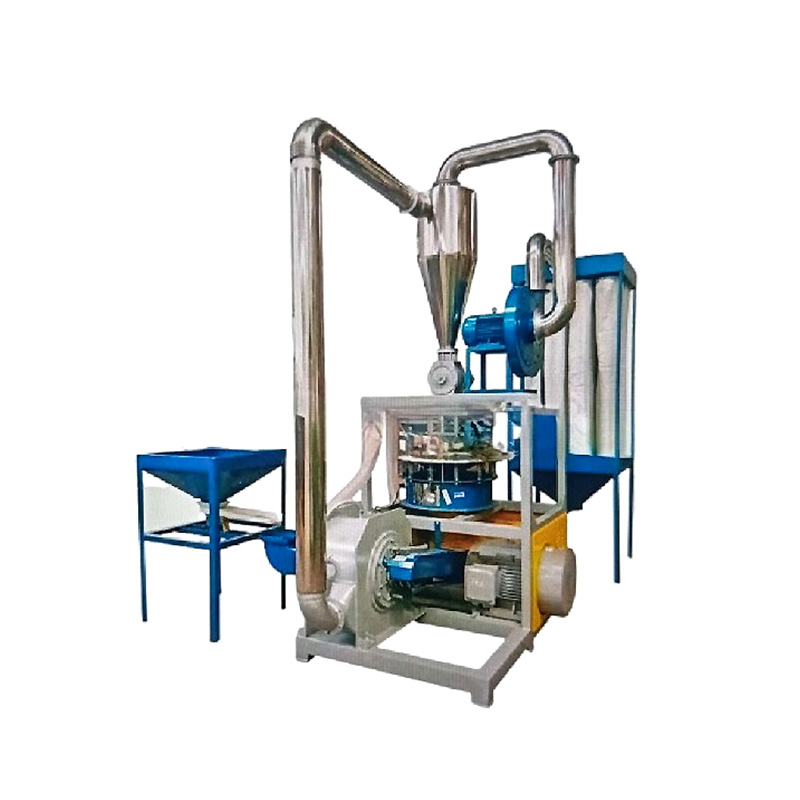In industries ranging from plastics manufacturing to food processing, material degradation during extrusion or injection molding remains a critical challenge. Excessive heat, shear stress, and prolonged processing times can compromise product quality, leading to wasted resources and higher costs. The Conical Screw Barrel, a specialized design in extrusion technology, has emerged as a solution to these issues. Its unique geometry and operational mechanics address the root causes of degradation, making it a preferred choice for heat-sensitive and high-performance polymers.
1. Precision-Engineered Geometry Reduces Thermal Exposure
Unlike traditional parallel screw designs, the Conical Screw Barrel features a tapered screw that gradually decreases in diameter from the feed zone to the discharge zone. This geometry creates a controlled compression profile, allowing materials to be processed at lower peak temperatures. By minimizing abrupt pressure changes, the conical design ensures a gentler thermal transition, which is critical for preserving the molecular integrity of polymers. Studies show that uniform temperature distribution in the barrel can reduce localized overheating by up to 20%, directly mitigating thermal degradation.
2. Optimized Shear Stress for Sensitive Materials
Material degradation often stems from excessive shear forces generated by high-speed screw rotation. The Conical Screw Barrel counteracts this through its progressive compression mechanism. As the material moves along the tapered screw, the compression ratio increases gradually rather than abruptly. This staged approach lowers peak shear rates, which is particularly advantageous for processing PVC, biopolymers, or recycled materials prone to shear-induced breakdown. For instance, in medical device manufacturing, where consistency is paramount, conical screw systems have demonstrated a 15–30% reduction in shear-driven defects compared to conventional barrels.
3. Shorter Residence Time Enhances Efficiency
Material degradation escalates with prolonged exposure to heat and mechanical stress. The Conical Screw Barrel’s design inherently shortens the residence time—the duration material spends inside the barrel. The tapered screw accelerates material flow toward the discharge zone while maintaining stable pressure, reducing idle time in high-temperature regions. In applications like rubber compounding, this efficiency translates to faster cycle times and less thermal aging of additives, ensuring consistent product performance.
4. Versatility Across Industries
The Conical Screw Barrel’s benefits are validated across sectors. In food extrusion, it preserves the nutritional content of heat-sensitive ingredients like proteins or vitamins. For engineering plastics, it maintains the mechanical properties of nylon or PEEK by avoiding overheating. Even in recycling, where material consistency varies, conical systems achieve homogeneous melting with minimal degradation, improving the quality of reprocessed polymers.
The Conical Screw Barrel stands out as a technologically advanced solution to material degradation. By harmonizing temperature control, shear management, and processing efficiency, it addresses a universal pain point in extrusion and molding. As industries prioritize sustainability and precision, adopting this design not only enhances product quality but also aligns with cost-effective and eco-conscious manufacturing practices.



 عربى
عربى


